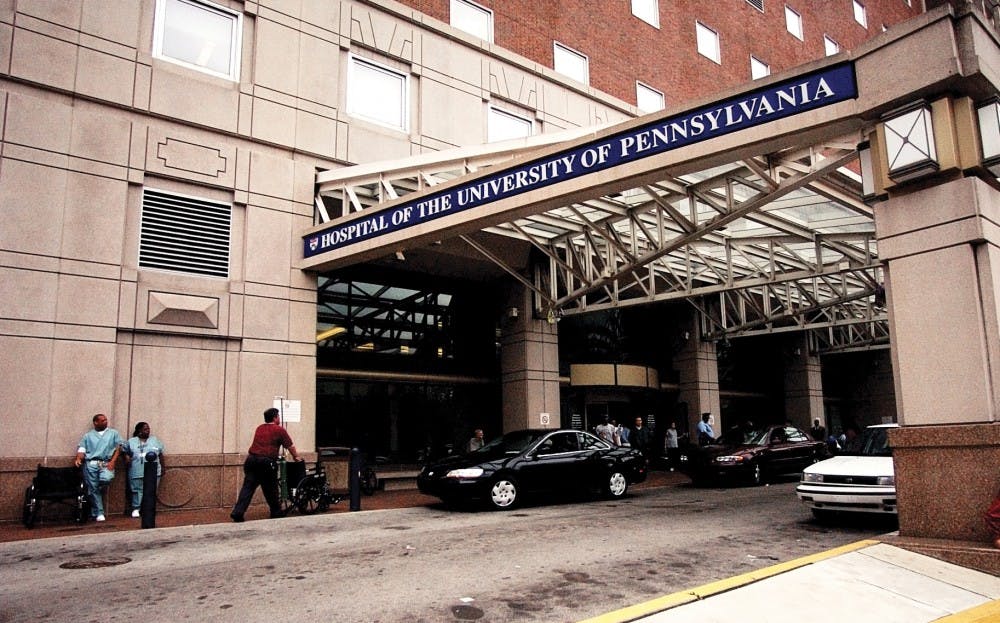
A Penn researcher has received $16.3 million in funds from the National Institute of Allergy and Infectious Diseases to speed up the development of a HIV vaccine.
Professor of hematology/oncology and microbiology in the Perelman School of Medicine, George Shaw is looking to build on earlier work in model building of the HIV infection in humans, according to Infection Control Today. Shaw’s initial research is based on the ability of some people to produce antibodies that mostly neutralize the virus during the course of the infection.
An HIV vaccine does not yet exist due to the nature of the infection, which quickly mutates and hides its external layer of proteins, commonly called the envelope. The envelope can then combine with a host cell, allowing the virus to enter the host cell, replicate and eventually kill the cell, according to Life Science Daily.
The proposed vaccine will introduce non-infectious parts, or a weaker form of the microbe, to immune system cells, preparing them for potential attacks against an infection they have already come into contact with.
In their new work, Shaw and his team will be infecting monkeys with a chimeric simian-human immunodeficiency virus and observing molecular changes that could help develop a vaccine to mimic the behavior of the virus.
The Daily Pennsylvanian is an independent, student-run newspaper. Please consider making a donation to support the coverage that shapes the University. Your generosity ensures a future of strong journalism at Penn.
Donate






